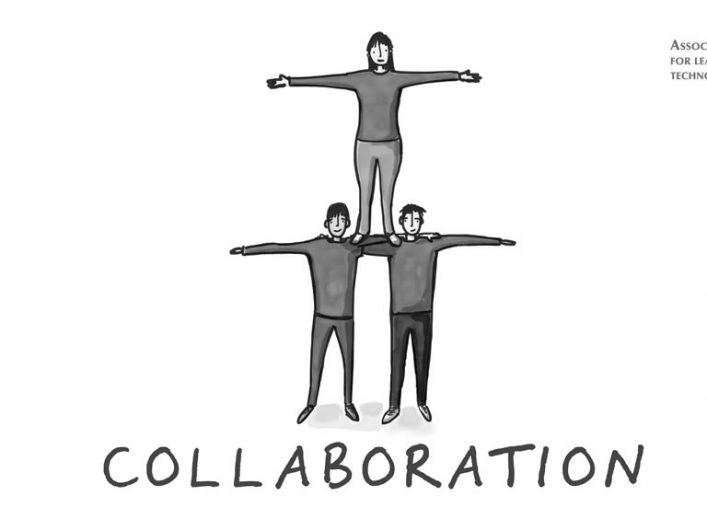
Hands off my Stuff! Guest post by @bexferriday
 I’m all for sharing. My parents made sure of that when I wouldn’t let me brother play with my Dick Dastardly pedal car and in return my brother wouldn’t let me play with his Evil Kneivel Stunt Bike, so he pulled the legs off my Sindy doll and I pushed him down the stairs.
I’m all for sharing. My parents made sure of that when I wouldn’t let me brother play with my Dick Dastardly pedal car and in return my brother wouldn’t let me play with his Evil Kneivel Stunt Bike, so he pulled the legs off my Sindy doll and I pushed him down the stairs.
We were both 37.
Joking aside, the world in which we live and work provides us with precious little in terms of time to make decent educational resources. We’ve all become pretty good at churning out PowerPoint presentations and worksheets, but quality, fully interactive, multimedia online teaching and learning resources… not so much. And I would suggest that this isn’t down to lack of technical ability, as there are plenty of free and easy-to-use web-based content creation sites out there. I’d hazard a guess that it’s down to lack of time.
So it makes sense to share resources with our peers – and not just for the aforementioned benefits of time-saving. There’s a lot of wheels being re-invented every day by teaching staff sitting in splendid isolation just three feet and two locked doors away from one another, making exactly the same content. And that wastes the very little time that they are afforded to create resources in the first place.
And yet, convincing some academic staff isn’t as easy as I’d hope – or expect. ‘Make resources that can be shared!’ I suggest to audiences at conferences and training sessions. ‘Go to TED Ed, make a fully interactive lesson, then let other people use it in their practice!’
Cue a Mexican wave of arms folding in indignation.
‘Why should I?’ is the inevitable question asked by one Mexican-waver. ‘I spent time making that. Why should someone else who has done nothing benefit from it?’
There it is: the point of this blog post. The ‘hands off my stuff’ moment.
And I sigh as a sea (well, to be fair, it’s usually more of a puddle) of heads nod in agreement, and I reply with something along the lines of this:
‘Because we live in a world where your friends, your family and your students are making, creating, curating and sharing digital content, be it blog posts about the pitfalls of parenting, films of cats on YouTube, PhD theses on Academia.com, journal articles on Orca or pictures of Benedict Cumberbatch on Pinterest. It’s the 21st century, the internet is the biggest canvas and the largest repository of content the world has ever had the privilege to be able to access and to make use of, and we can’t just switch it off.’
At this point, I’m usually starting to rant a bit, and to be honest, it’s to no avail. It’s when I get to the next bit that those arms start to unfold and pennies start to drop collectively:
‘And it’s because someone else has made something, somewhere, that you can download and use yourself. It’s reciprocal. It saves you time, and in doing so, it frees up some time to do the stuff you want to do!’
Now, this may paint some of our peers as a bit mean-spirited – so let me be clear that it is only the very small minority of which I speak, as most of my peers are more than happy to make and share their resources, even if it is just another PowerPoint presentation on Slideshare. But I’ll be honest. It’s the 21st century, and the world is a pretty mean-spirited place to live right now. So let’s share what we can, when we can. Let’s feel the love.
Just get yer hands off my Sindy doll.
Written by Bex Ferriday, Learning Technology Manager, School of Healthcare Sciences, Cardiff University
